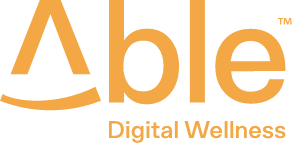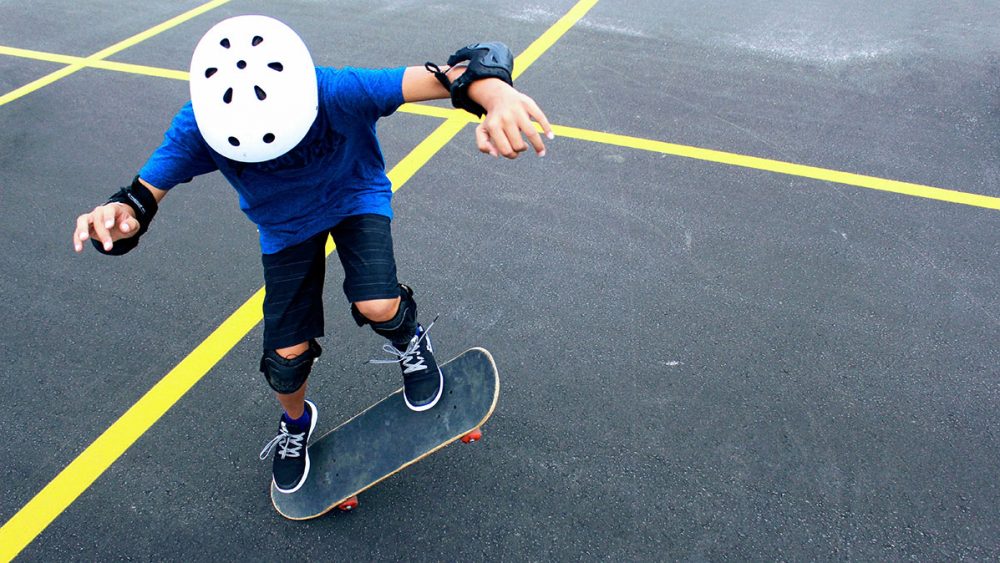It’s equally cliche as it is true, but the bottom line is it’s true.
My career path was in music entertainment & professional sport, volunteering in the disability community was something close to my heart. At 32 years old I realised supporting people with disabilities was my calling – I wanted to be there for them not just as a carer, but as a brother or a mate.
Looking back, I was fortunate the way things fell into place along the way while getting my support business off the ground. However at the the time it was extremely overwhelming. Leaving the security of a pay check, annual leave, super, and sick leave drove me to scheduling a few therapy sessions. There were a handful of times I used the term ‘panic attack’ to describe how I was (or wasn’t) coping. But I tried and I’m sure glad I did.
Like anything in life, being a carer has its successes and flops (to encourage positive thinking I’ll refer to these as lessons learned). It’s easy to get into a routine with a participant and look at them as Able as any of your mates, and they very well could be. But just like your mates, they don’t always want to do something you want to – even though it’s clear you have the best intentions in helping to structure their day.
You may think you’ve planned a fun day for you and your participant – start the day with an Able Digital Wellness workout, head to the beach for a nice stroll to get your steps up, lunch, bowling in the afternoon. Then you catch up with the participant, proudly tell them about the fun activities you planned for the day and you get this response: “nah I don’t want to do that.” leaving you feeling disappointed or frustrated, and rightfully so. Side note: what’s just happened here is the participant has exercised their own choice. They may not have an answer for what they want to do instead but that’s what you’re there for, to support them – including with decision making (only if needed and requested of course).
I digress …
You should still feel proud. YOU gave it your best shot. YOU took the time to plan. YOU took a person-centered approach. YOU cared enough.
One of the young guys I support was on the heavier end of the scales when we first started hanging out. Admittedly we were both skeptical about his ability to lose the weight, for a variety of reasons. But we tried. And he lost about 20 kilos. During this time he also landed a job – because he tried hard enough. HE. TRIED.
You won’t strengthen your relationship with your participant unless you try – like any other relationship between every human on this planet regardless of ability, you have to make an effort.
At some point in your life you may try changing your career, bring on a new participant to support, or something completely unrelated – chances are at least one of those will be a lesson learned. You tried, now you know what to do next time.
– Tyler Murphy





Comments are closed.